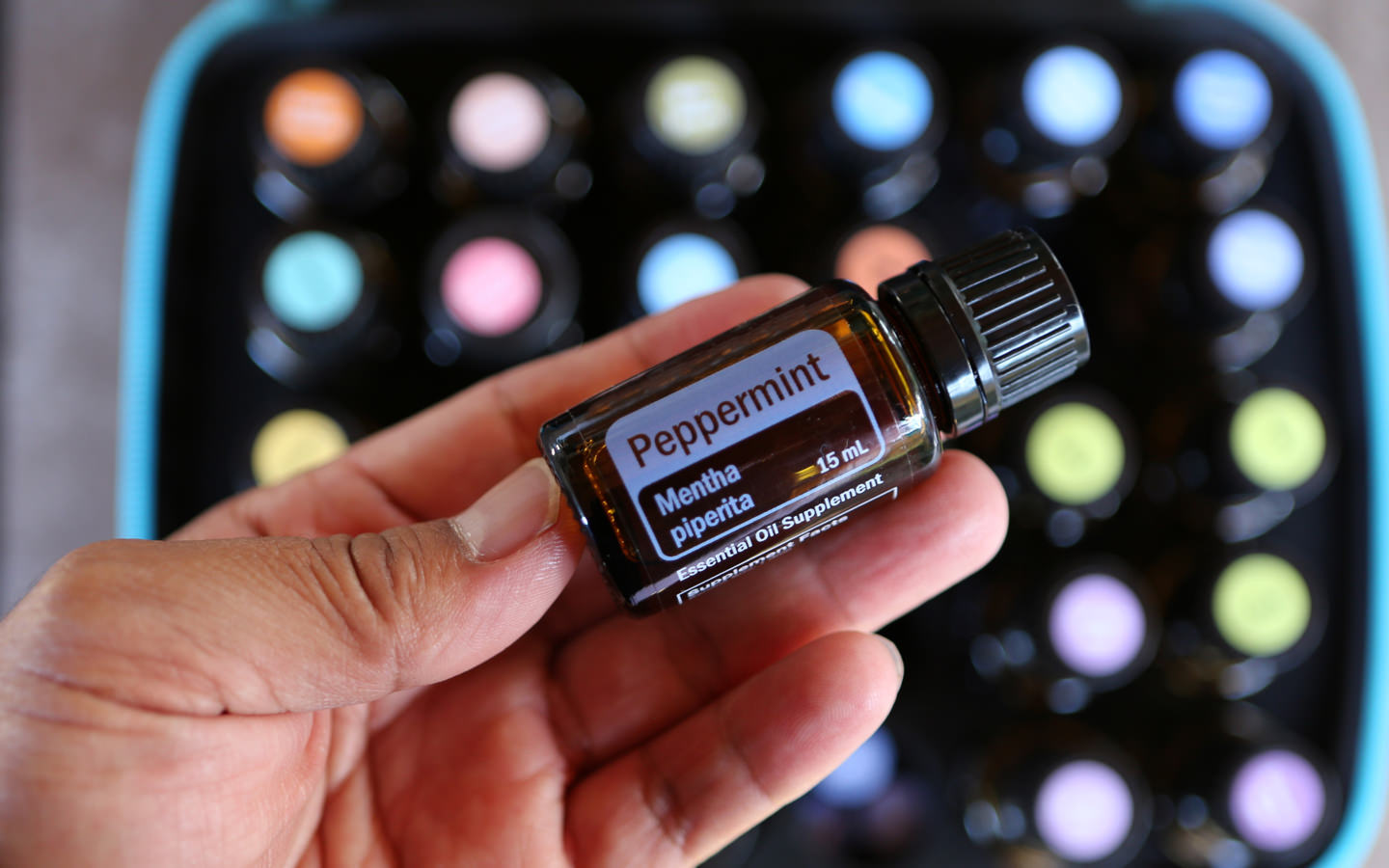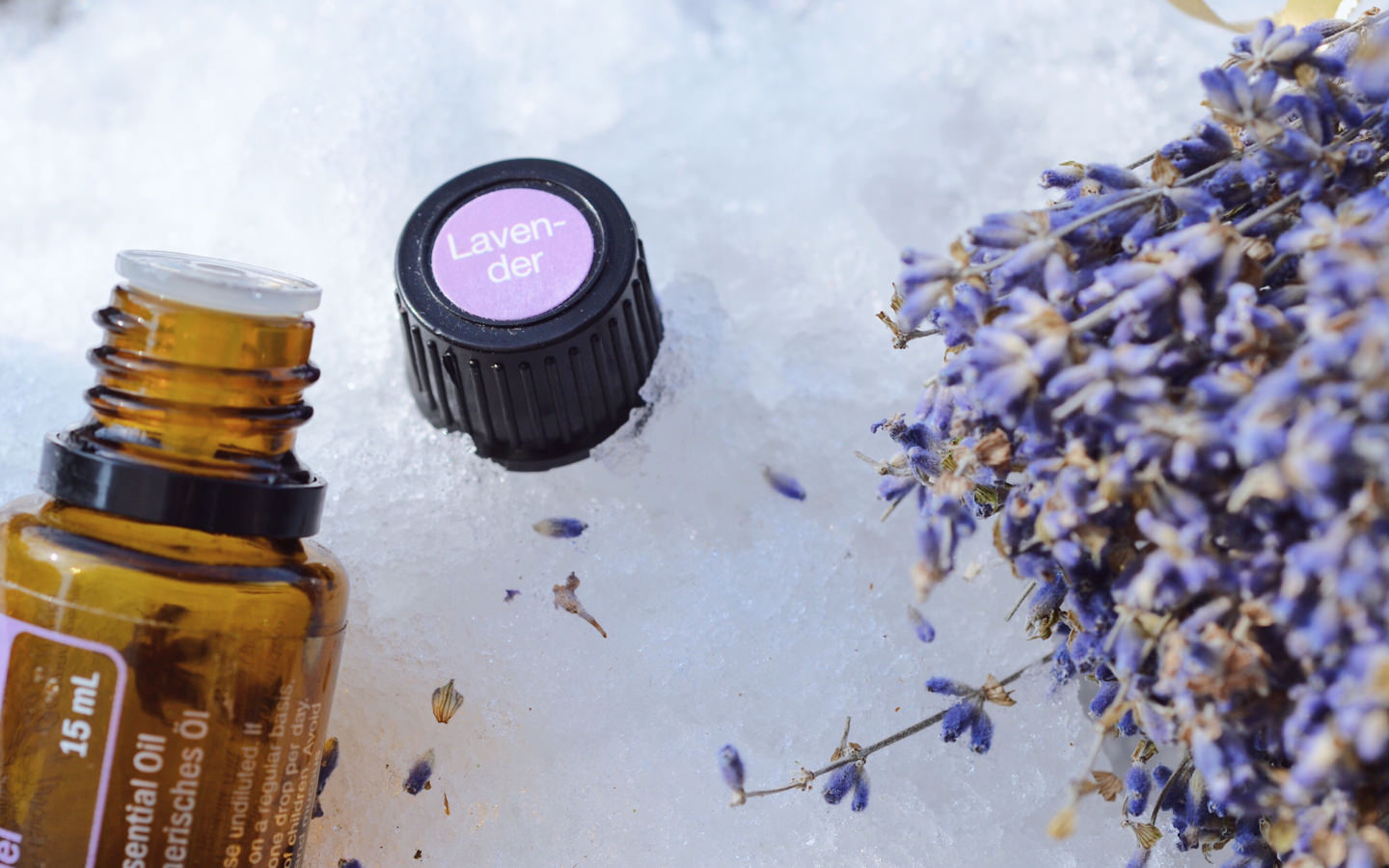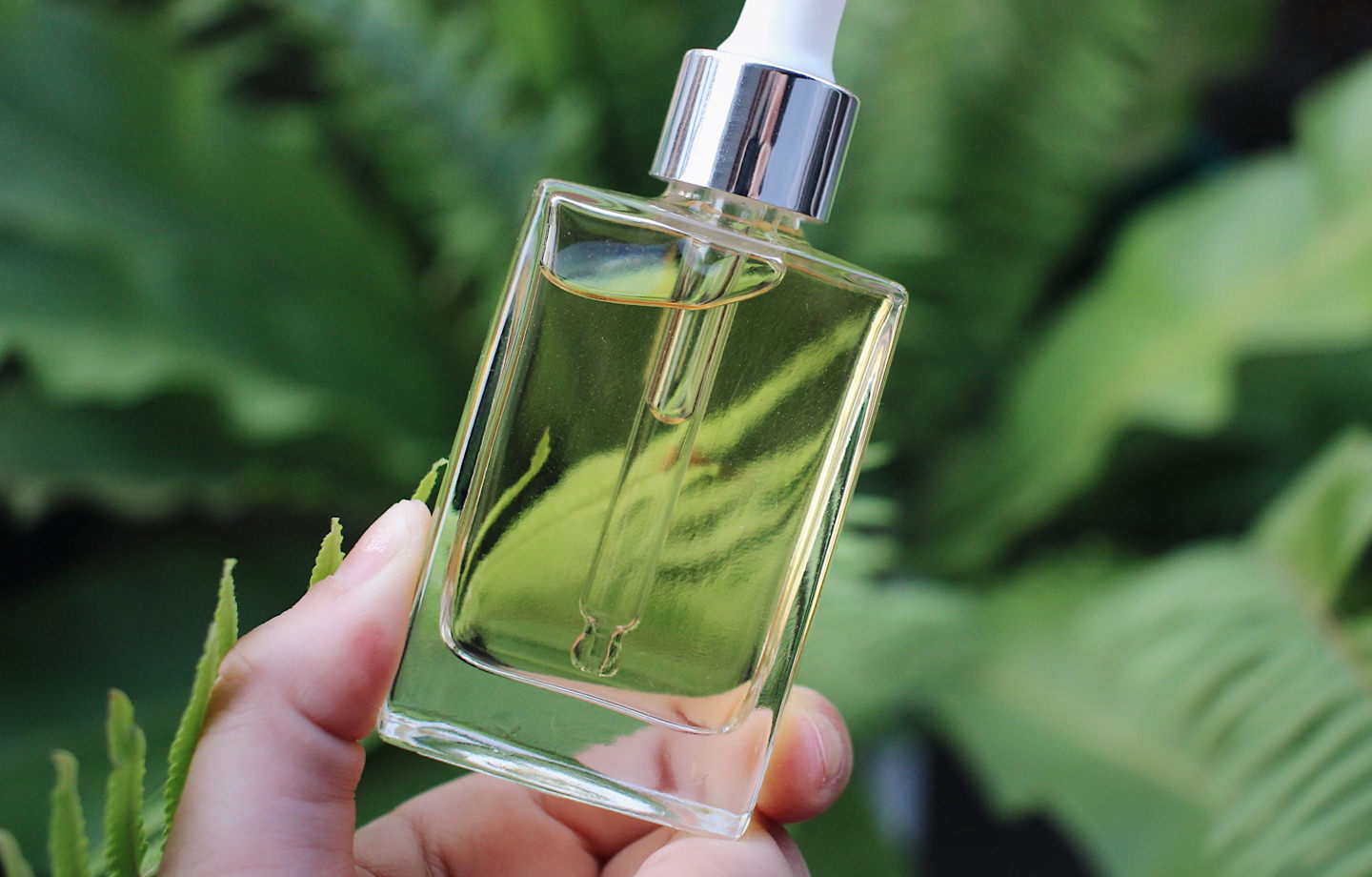I use essential oils almost every day in my home. As we move away from cleaning products and a pill for every ailment, I’m LOVING the power and simplicity of these remedies for my family and home.
That said, any seasoned essential oil user will tell you that there is some seriously bad advice floating around out there in this space, and it has the potential to be dangerous. Some of the best medicines have some of the greatest risks of side effects, and essential oils can be quite similar.
Unfortunately, there’s a great deal of misinformation floating around, and this is promoting dangerous — and downright inconsiderate — use of essential oils that have the potential to do everything from make the person next to you vomit to dry up the milk supply of a nursing mother.
The science of essential oils and their use is varied and complex, but here we’ll touch on a few critical points that will give you a jumping off point for how to use them safely.

Proper Dilution is Critical
First and foremost, there are two very basic ways to use essential oils, and then several other ways to distribute them:
- Neat
- Diluted
One critical thing to remember is that essential oils are, erm, oils, and they cannot be properly diluted in a water solution — you need a carrier oil.
Essential oils are incredibly powerful on their own, so before you consider using them neat — which is to say, not diluted at all — look very carefully at both where you intend to use them and the possible contraindications of the oil.
Some can be very harsh on the skin, and the effects of some are so intense that they can actually cause respiratory distress and even cause kidney failure in cases of prolonged, incorrect use. Educate yourself, and when in doubt, always consult with a certified aromatherapist — not a salesperson.
It’s Generally Not Recommended to Ingest Essential Oils
This is one that gets hotly debated. Officially and according to the International Federation of Aromatherapists, it’s considered a poor practice to recommend the ingestion of essential oils.
Numerous cases of mis-dosage have had catastrophic results, and the bottom line is that ingesting something into your body in doses recommended by anyone other than someone extremely well trained in the use of essential oils is a bad idea.
Everyone’s body chemistry is different, and when you ingest these materials, you are essentially administering your own internal medications — so who’s writing the prescription?
In short, never ingest essential oils at the advice of anyone but a certified aromatherapist, and do so with the understanding that there is always the potential for an adverse reaction, as with any internally ingested medication.
Babies Are at Greater Risk
Because of their lower body weight and greater system sensitivity over all, babies and children are at particularly high risk for adverse reactions to essential oils, and the results can land your child in the hospital.
I can and do use essential oils with my toddler, but I do so only with very mild oils, and at extremely diluted doses. According to The Importance of Safety When Using Aromatherapy, essential oils are not recommended for use in children under two years old, and should only be used in very small amounts in children.
The most important thing to note here is that, even diluted, essential oils are incredibly powerful, and that overuse can actually lead to increased sensitivity in children.

Beware of Photosensitivity
Photosensitivity is an effect that occurs when your sensitivity to sunlight is heightened, and in this case, it’s true that some essential oils can cause it.
What this means is that if you spray an oil like lemon, even diluted on your skin, and then venture into the sunlight, it’s incredibly possible that you’ll break out in a really unpleasant “sunburn”, which is really just the oil increasing the intensity of the sun’s effect of your skin.
Here are a few essential oils known to cause photosensitivity:
Bergamot
Fig leaf absolute
Lemon
Lime
Grapfruit
Mandarin
Orange oil (bitter)
Parsley leaf
Tangerine
Verbena
Some Aren’t Safe for Pets
Just like children and babies can have sensitivities to essential oils, pets are equally at risk because of their smaller size and differing biology.
The biggest risks for dogs and cats with essential oil use is generally respiratory distress, though topical use can cause reactions and photosensitivity in them just as it can in humans. As with humans, it’s important to avoid using them in young ones.
Pregnant and Breastfeeding Women are At Higher Risk
Pregnant and nursing women should take extra precautions when using essential oils. Believe it or not, some of them can actually interact with your hormones! Interestingly, peppermint oil can adversely affect the milk supply of nursing women.
Pregnant women can certainly use essential oils, particularly after the first trimester, but extreme caution should always be taken. When in doubt, consult with a certified aromatherapist.

Smells Can Be Intense
This one’s simple enough — essential oils have POTENT aromas, and simply put, not everyone likes them. If you’re having company, or if you plan to travel and be in an enclosed space for a while with other people, it’s best to refrain from using them at all.
Trust me, it’s not nice to give the person next to you on the plane a migraine because you couldn’t leave the house without your frankincense on.
Reap the Benefits, Beware Overdoing It
Essential oils are natural, but they can absolutely be overused and applied incorrectly, resulting in some pretty serious consequences. Just like iron can be both beneficial in certain doses and toxic in excess, essential oils have their place, and it’s in moderation.
Educate yourself before using them, and always consider the motives of your sources before accepting advice.
Do you have any favorite essential oils? What do you use them for? Tell us on Facebook or Instagram and tag us in the post! @AvocadoMattress or #AvocadoGreenMagazine

Shop Pillows
The Essential Organic Pillow Collection
Gentle, breathable, non-toxic support.






